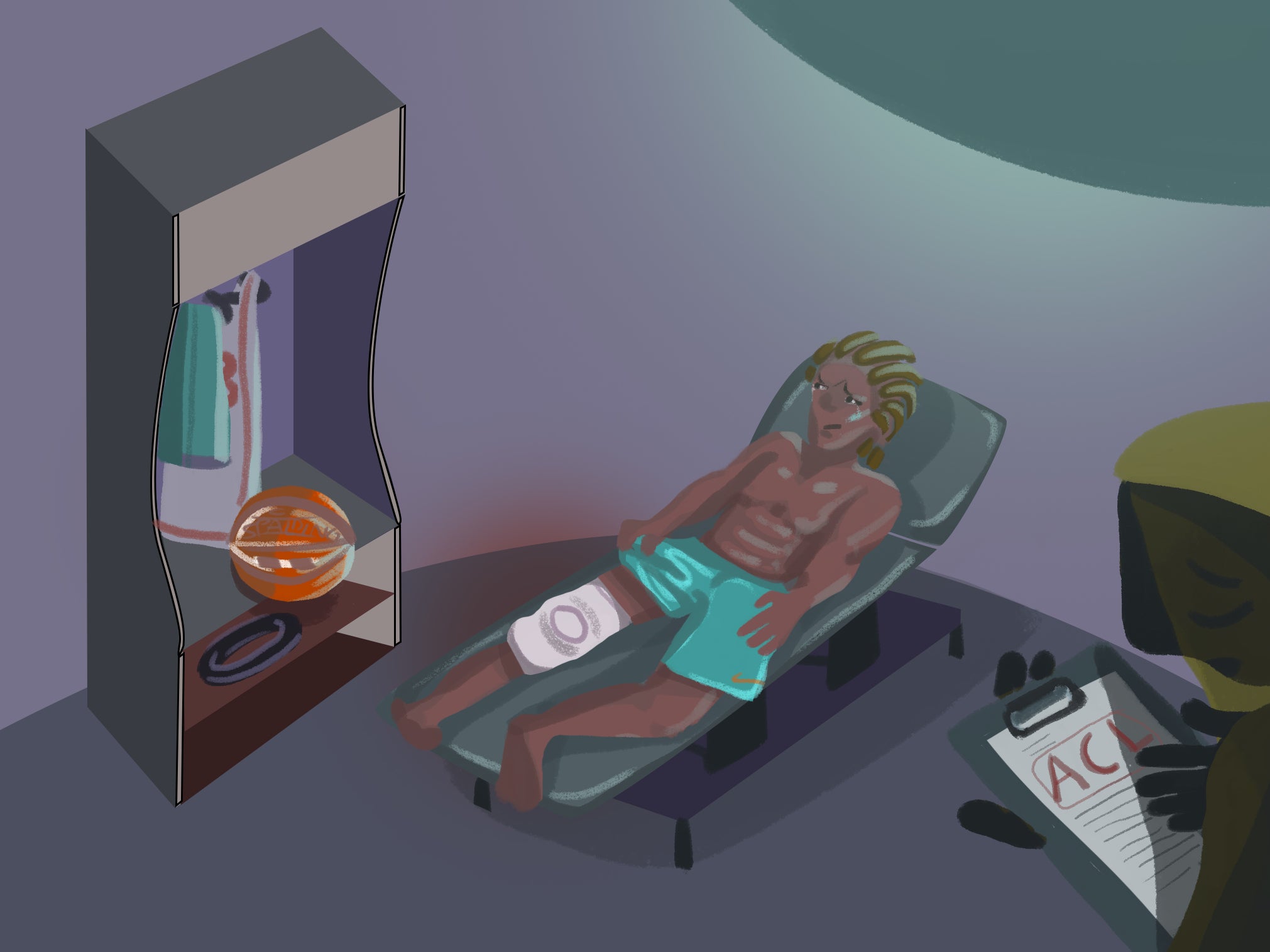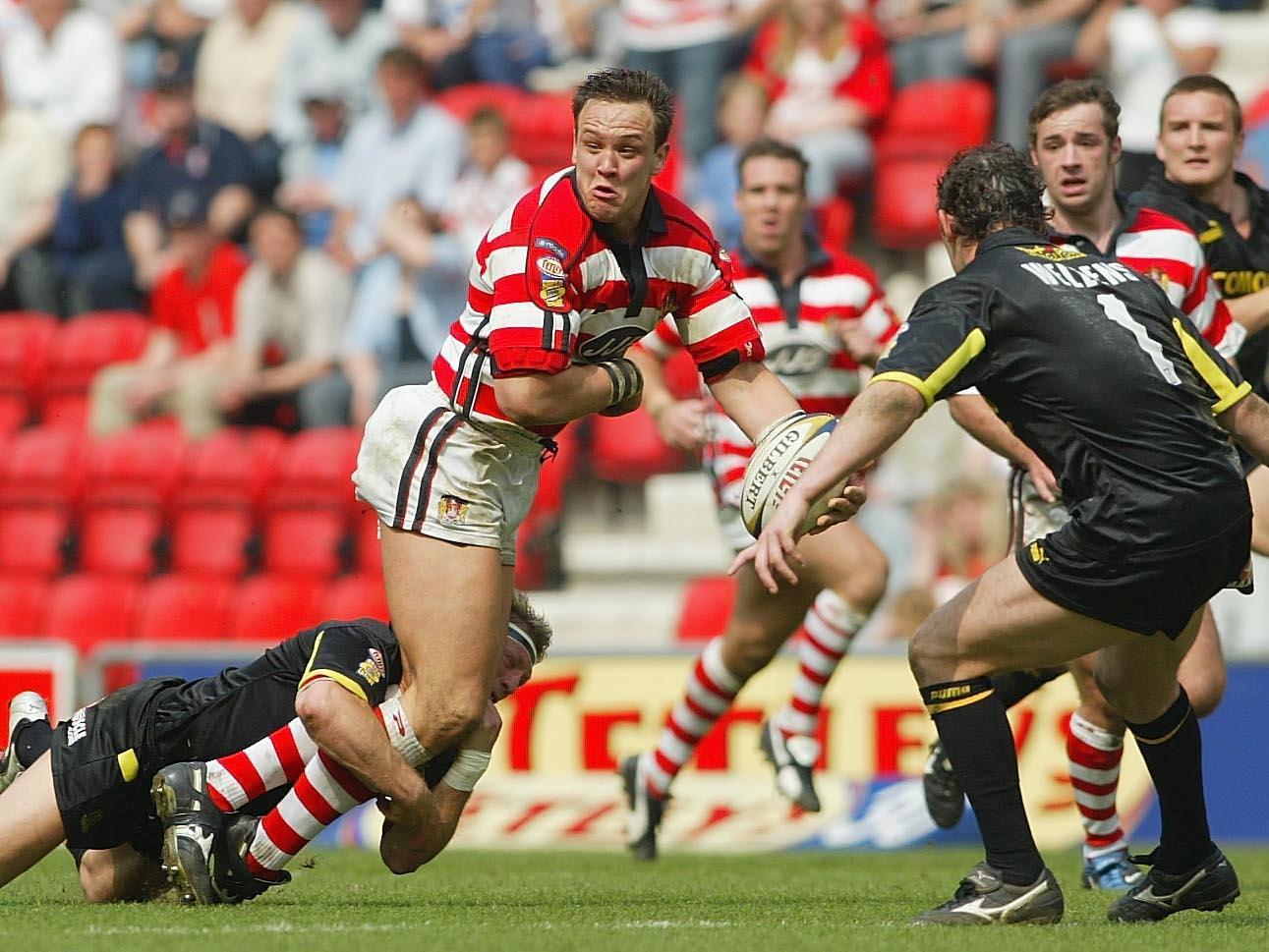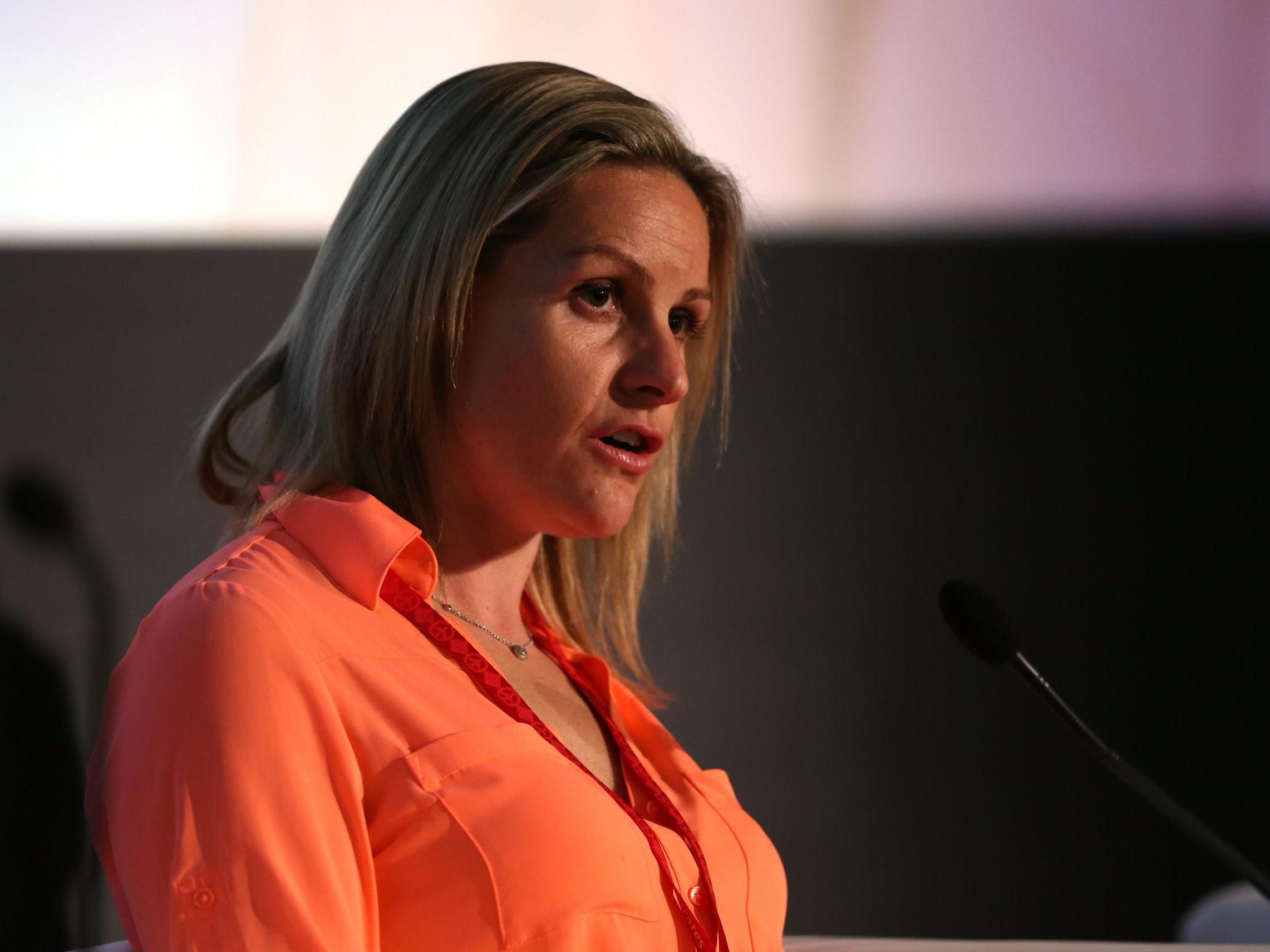‘It’s psychologically devastating’: The pain and mental trauma that comes with serious injury
Faced with the isolation of rehabilitation, a sense of hindered development and uncertainty over the future, many stars finding themselves unravelling when sidelined through injury. Sport needs to do more to help these individuals, writes Samuel Lovett


The setback of an injury can be mentally draining for any modern athlete. Across all sports, the same triggers and strains present themselves: disruption to routine; the simple inability to train and compete with friends; the isolation and monotony of rehabilitation; loneliness; hindered development; loss of acknowledgement.
Faced with the prospect of months away from the field of play, and confronted with these stresses on a daily basis, many sportspeople find themselves unravelling.
It’s in these moments of vulnerability where a sporting organisation’s duty of care for that individual should be at it’s highest. But this can often be forgotten in the ruthless world of sport. Corners are cut. Athletes neglected. Careers – and lives – put at risk.
Danny Sculthorpe, a 6ft 4in, 17-stone ex-rugby league player, knows this all too well. His own experience with injury – and the manner in which it was mishandled by Bradford Bulls at the time –drove him to the point of suicide.
Sculthorpe holds his club responsible for the initial injury. He never underwent a medical upon signing for Bradford in 2010 and was thrown straight into training, despite having always been provided with a tailored programme by each club to address a long-standing back issue he carried.
Three weeks later, he went on to suffer a prolapsed disc during a weights session. Surgery followed. The disc was shaved. Sculthorpe was on the mend. “I thought brilliant, I’m going to be back playing rugby with my 25 best mates,” he tells The Independent.
But Sculthorpe didn’t get any better. After a week back home, the pain returned and new scans revealed more damage. Though it wasn’t clear what the exact issue was, the decision was made to place him under the knife again.
“I woke up in recovery, saw the surgeon and asked him what he’d done straight away. I remember saying to him ‘Doc, I’m 30 years of age, I’m hitting my peak as a prop forward. I’ve got two young kids and a wife I need to look after. Please give me some good news’. He said ‘Danny I can’t. I’ve had to take the full disc out but I’ve also had to take the bottom part of your spine away. I’ve had to fuse your back with metal cages, rods and screws.’”
In that instant Sculthorpe’s life was brought crashing down. Since the age of six, when he first started playing for his local club in Oldham, Danny had been striving to reach the summit of his sport, his “religion”. He had enjoyed spells at Wakefield, Castleford and Wigan, where he made a name for himself, and even went on to captain England on two occasions. But in that moment, as he lay motionless in his hospital bed, wires sticking from his arms and chest, all his life’s work seemed to come undone. But what followed next would plunge him to even darker depths.
“When I came out of hospital all I could do for probably six months – remember I’ve come from training nearly every day since I was a six-year-old kid to doing this – I used to get out of bed in the morning and I’d just about make it to my couch. At night, I get off my couch and just about get to my bed. I couldn’t even make it to the toilet. So I had to use bottles and pans. I couldn’t help my wife do any school runs. I couldn’t help her at home with the kids. Probably things that most people take for granted, I couldn’t do.”
All throughout this period, Bradford were nowhere to be seen. They didn’t pay for the medical bills. They didn’t provide physiotherapy. They didn’t offer anything to help improve Danny’s quality of life. Instead, they sought to terminate his original contract.
In the end, Danny had no real other option but to sign a compromised agreement, earning a small pay-off as a result. But after losing his job and then his career, as well as his home, he was no longer able to support his wife and kids. That’s when his thoughts turned to suicide. “Every minute of every hour of every day I wanted to kill myself. Should I get in my car and wrap it around a tree, should I take load of pills and drink some alcohol? It’s not that I didn’t love my family, I loved them more than anything – it’s just I felt like I could no longer support them. I felt like I was a burden.
“So I got in my car after I’d kept it to myself for about 10 weeks. I got in my car, went to a car park in Wigan, and at the side of me was a bottle of gin and a box full of pills that’d have killed half the town. I was going to take my own life. For some reason I didn’t.” He pauses, as if reliving the moment again for some clarity. But the explanation is out of reach. To this day he remains unsure what stopped him. “Whether it was my kids, my wife, my parents, I couldn’t tell you what it was that came to my head.”
Danny would later reach out to his family and friends for help – “that’s the day that saved my life” – but his unique case reflects the mental extremities which can manifest as a result of injury, as well as the devastation it wreaks in forcing an athlete out of their sport.
***
Gary Bloom, a leading sports psychotherapist and host of On the Sporting Couch, has seen first-hand the mental impact a career-ending injury can have on an athlete. “It’s a sudden loss of your career,” he tells The Independent. “People don’t realise you might have been planning for this career since you were nine years old. Imagine taking 10 years out of your life and then it ending just like that.
“It’s psychologically devastating, especially if you’re a young player.”
Indeed, at a younger age, when the setback of an injury can be harder to process, the duty of care owed to sport’s next generation is all the more important. In those instances where it’s missing, the damage done can be seismic.

This was the case for one former Ipswich Town academy youngster, whose diagnosis with two prolapsed discs and mistreatment at the hands of his club between August 2015 and September 2016 saw him drift into a depressive state of mind.
The player, who was 16 at the time and is now out of the professional game, alleges that the club’s physiotherapists ‘didn’t really 100 per cent know what they were doing’ and “ran out of ideas” in treating him as his back injury came to repeatedly hinder his form, fitness and even the ability to walk on some days.
During his rehabilitation, numerous hours of each day were spent hanging around in the changing room, waiting to see the physiotherapist, “not really doing anything”. The youngster himself admitted to the English Football League in July 2018 that, “looking back now”, it’s likely he struggled mentally during his time at the club.
Matters were only complicated by Ipswich’s delay in providing an MRI scan – which revealed the youngster had been suffering from his condition for a number of months. An independent medical review, commissioned by the Professional Footballers’ Association, later criticised the club for ‘falling below the standards expected of a Championship Club academy’. Ipswich says it “acted to the highest standards in the player’s medical treatment in line with the National Institute for Clinical Excellence (NICE) guidelines and in his general well-being.”
His experience – which can be read in full here – saw the PFA “urgently” demand the FA carry out a “thorough and far-reaching safeguarding investigation” into the matter. Despite Ipswich’s insistence that the PFA, FA and EFL “found no substantiation to such allegations to warrant any action,” the EFL is continuing to investigate the episode.
The case, uncovered by The Independent, is just one of many which highlights football’s continuing shortcomings in dealing with injured players, both physically and psychologically, and, as one EFL safeguarding figure said, demonstrates the “work that needs to be done”.
***
Regardless of what form an injury takes, and how long it leaves an athlete sidelined, the psychological response can vary hugely. Many rally in the face of adversity, coming back stronger and fitter than before, while others return to the sport a shadow of their former selves.
Michael Bennett, head of player welfare at the PFA, speaks from experience having sustained a serious knee injury during his Charlton days. That setback, at the tender of 20, left his mindset irrevocably changed.
“My career didn’t reach the potential it should have done, that was because although I’d recovered physically, emotionally and mentally I wasn’t the same player,” he tells The Independent. “I went into games apprehensive, anxious, thinking would the next tackle end my career. With that on your mind you can’t play freely, so you can’t fulfil your potential.”
For others, the reaction to an injury can be far more extreme. Without the necessary support, and an abundance of time on their hands, some athletes will succumb to a vice – such as drink, drugs or gambling – in an attempt to fill the void that has formed in their life.
Former Arsenal and England footballer Kelly Smith reached for the bottle after breaking her leg in 2004, having already missed the two seasons prior due to an ACL tear. Caught in this mental slide, it wasn’t long before she started contemplating taking her own life.
“I was very, very low to the point where I had suicidal thoughts,” she said. “I remember walking around my apartment and looking at the lighting fixtures and the wardrobe fixtures and thinking could I hang a bed sheet there and hang myself. Would that hold my weight?

“Those were my deepest darkest days and they happened on a consistent basis.”
Then there’s the crippling uncertainty of what the future holds for an injured athlete. For the majority of sportspeople who aren’t earning thousands of pounds a week, injury can damage form, reputation and, as a result, the guarantee of a regular income.
“In my case, I had six months left on my contract,” says Bennett. “I’d just bought a new flat, a new car. ‘What am I going to do?’ ‘How can I afford it?’ All that starts going through your mind.”
Confronted by a wild spectrum of emotions and possibilities, it’s vital that more is done for sport’s injured stars during these periods of vulnerability. Away from the field of play, many will feel like they’re fading into irrelevance. Out of sight and out of mind, the sense of purpose they previously had in their life is suddenly snatched from then.
But while injury is an unavoidable part of the sporting life and cannot be prevented, the spiral into depression can be. In this sense, it’s the intervention of others – teammates, coaches, medical staff, friends and family – who can make all the difference in turning these individuals away from the dark and towards the light at the end of tunnel.
Join our commenting forum
Join thought-provoking conversations, follow other Independent readers and see their replies
Comments
Bookmark popover
Removed from bookmarks